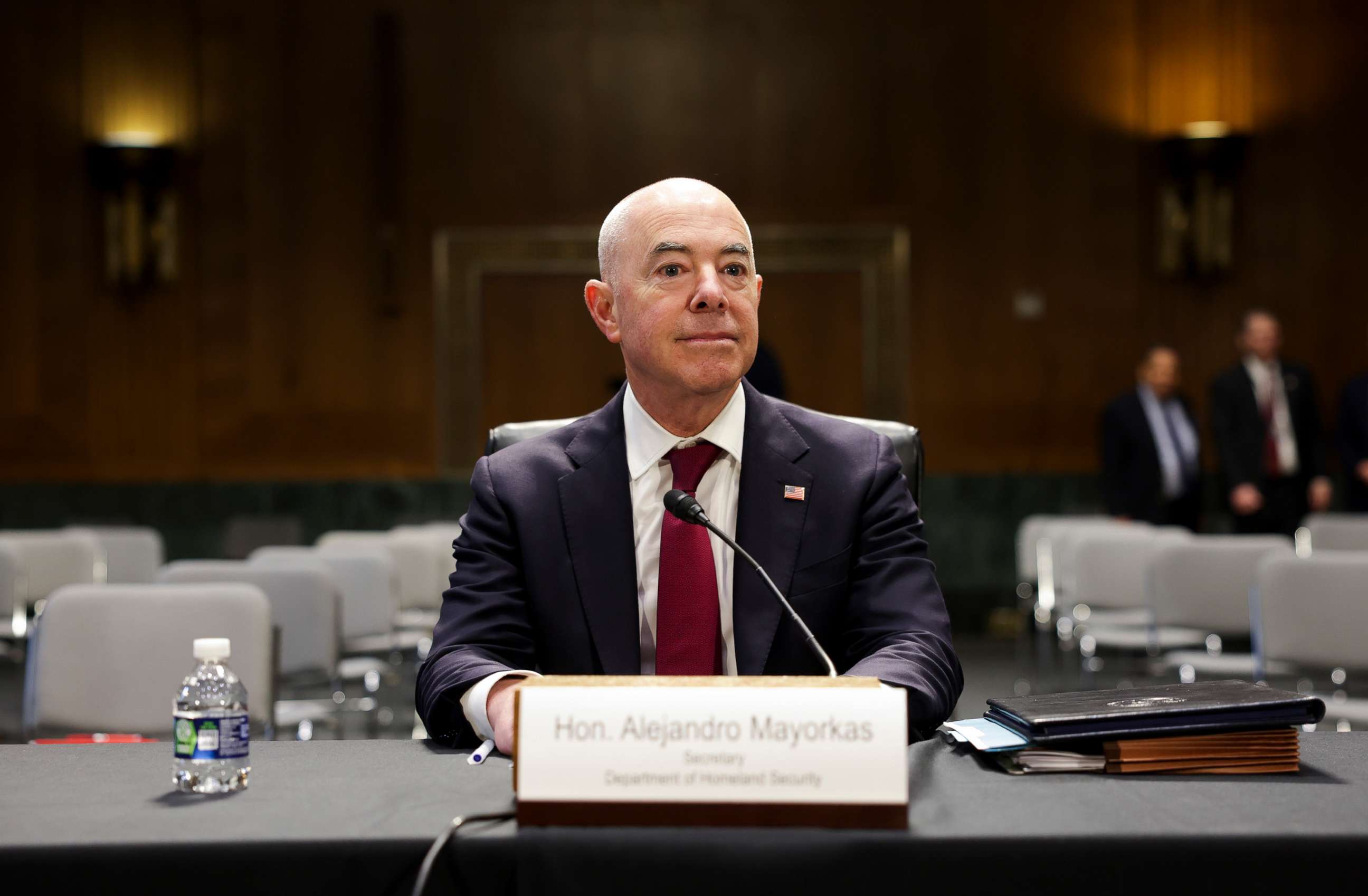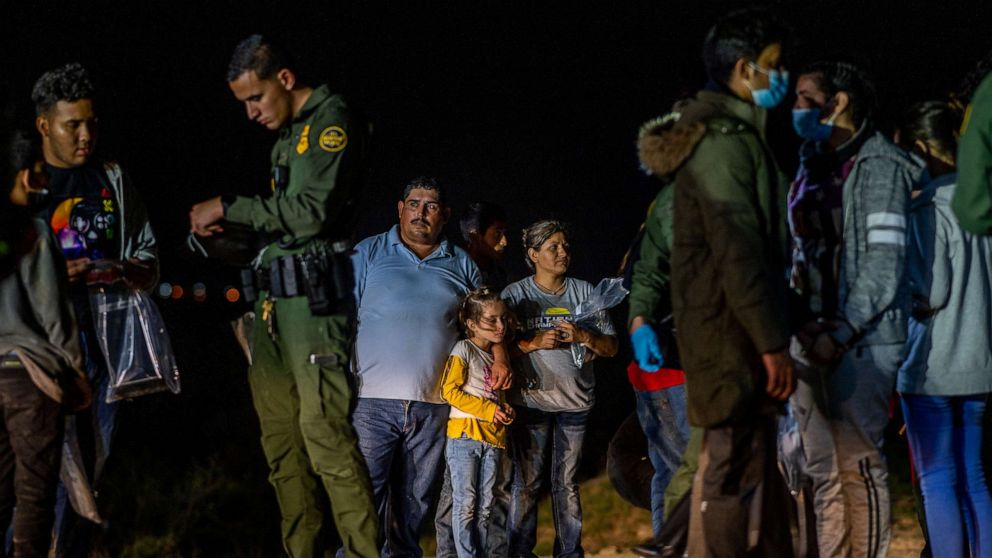GOP-led states, Biden administration argue over lifting Title 42 border policy on May 23
LAFAYETTE, LOUISIANA -- Justice Department lawyers and attorneys representing a coalition of GOP-led states were in court on Friday to again trade jabs about whether the Biden administration can lift pandemic-based restrictions at the southern border known as the Title 42 order.
Judge Robert R. Summerhays, a Trump appointee, said he plans to issue his decision later -- not immediately -- on the legal challenge that would block the Centers for Disease Control and Prevention's Title 42 order from ending May 23.
Meanwhile, the temporary restraining order issued by the federal judge to prevent any phase-out of Title 42 will remain in place until he issues that decision and Customs and Border Protection can continue to expel immigrants on Title 42 grounds.
The administration argues that Title 42 is a health care policy meant to deal with the spread of COVID-19, not an immigration control measure, and that it has no choice but to follow the agency's guidance that the public health order is no longer necessary as of May 23.

At the same time, even many vulnerable border state Democrats warn the administration is making a major mistake, that is has no plan to deal with an expected influx of immigrants and that it will hurt the party politically before the midterm elections.
At the hearing, the GOP coalition argued that the Biden administration failed to consider the impact ending Title 42 would have on the states, pointing to reports coming out of the Department of Homeland Security that they are preparing for further elevated level of undocumented immigrants in the coming weeks.
That could be as many as 18,000 more per day, according to DHS Secretary Alejandro Mayorkas.

The GOP coalition argued their states would be harmed by education and health care costs, new drivers' licenses and even drug trafficking, going as far as to say that lifting Title 42 would "reduce their ability to provide healthcare to legal residents."
The evidence of such effects, though, is unconfirmed and untested.
Judge Summerhays at one point questioned the potential increase in criminal justice costs.
"It seems highly speculative ... I don't see how you can make the connection there," the judge said.
When the federal government's side picked up on the judge's skepticism and attempted to run with it to undermine the plaintiff's case, Summerhays clarified that he was simply "prodding" the state coalition attorneys as he did throughout the hearing.
Undocumented immigrants overall pay roughly $11.74 billion in state and local taxes every year, according to the non-profit, non-partisan Institute on Taxation and Economic Policy. That amounts to about 8% of an average immigrant's income, compared to about 5.4% of those in the top 1%.
Central to the case is whether the government fully considered the potential impact on states and whether the Biden administration acted unlawfully when it did not allow for a months-long notice and comment period prior to the end of Title 42.
The Trump administration initially brought the Title 42 order without such notice and DOJ attorneys argued that required such notice would kneecap the CDC's authority to act quickly in response to changing emergency situations.
The judge's order could come any time between now and May 23.




